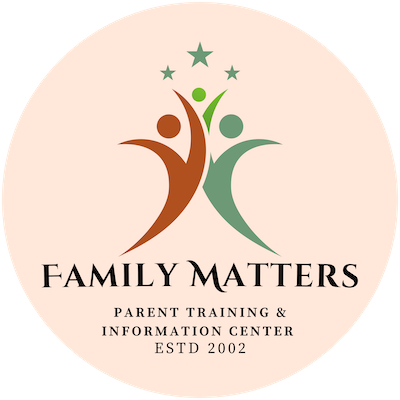Special education refers to a range of individualized services and supports that can be provided in different ways and in different settings. Special education focuses on helping kids with disabilities learn and progress.
Special education laws and procedures are complicated and can be challenging to understand. Three major federal laws protect the rights of people with disabilities.
This education law requires public schools to meet the unique needs of eligible K–12 students with disabilities. Schools do this by providing specific services, modifications, accommodations, and specially trained staff. IDEA is the nation’s special education law. It gives rights and protections to kids with disabilities. It covers them from birth through high school graduation or age 22.
This civil rights law prohibits disability discrimination at schools that receive federal funding. Schools meet these requirements by removing barriers to learning. Section 504 has two main purposes, one is about removing barriers for students with disabilities in K–12 public schools and the other is about protecting kids and adults with disabilities from discrimination in school settings and beyond.
This civil rights law prohibits disability discrimination by schools, employers, and anyone who offers goods and services to the public. The ADA applies to nearly all public and private schools, except for some religious schools. Schools can’t discriminate, and they must offer reasonable accommodations. An example of reasonable accommodations may be a ramp, accessible parking, or the use of a service animal. The ADA only requires schools to accommodate a student if they are aware of the need, so parents and students are responsible for disclosing the student’s disability to the school and requesting an accommodation.
Becoming familiar with these core legal protections helps people with disabilities and their families speak up for what they need in school, work, and life. We encourage you to read IDEA: Click the button below to read more:
Additionally, becoming familiar with OSER, the Office of Special Education and Rehabilitative Services will connect you to key resources that may be useful in your advocacy journey. Click on the button below to learn more:
Information directly quoted from Understood.org. To read the full article, please click on the button below:
More Resources

